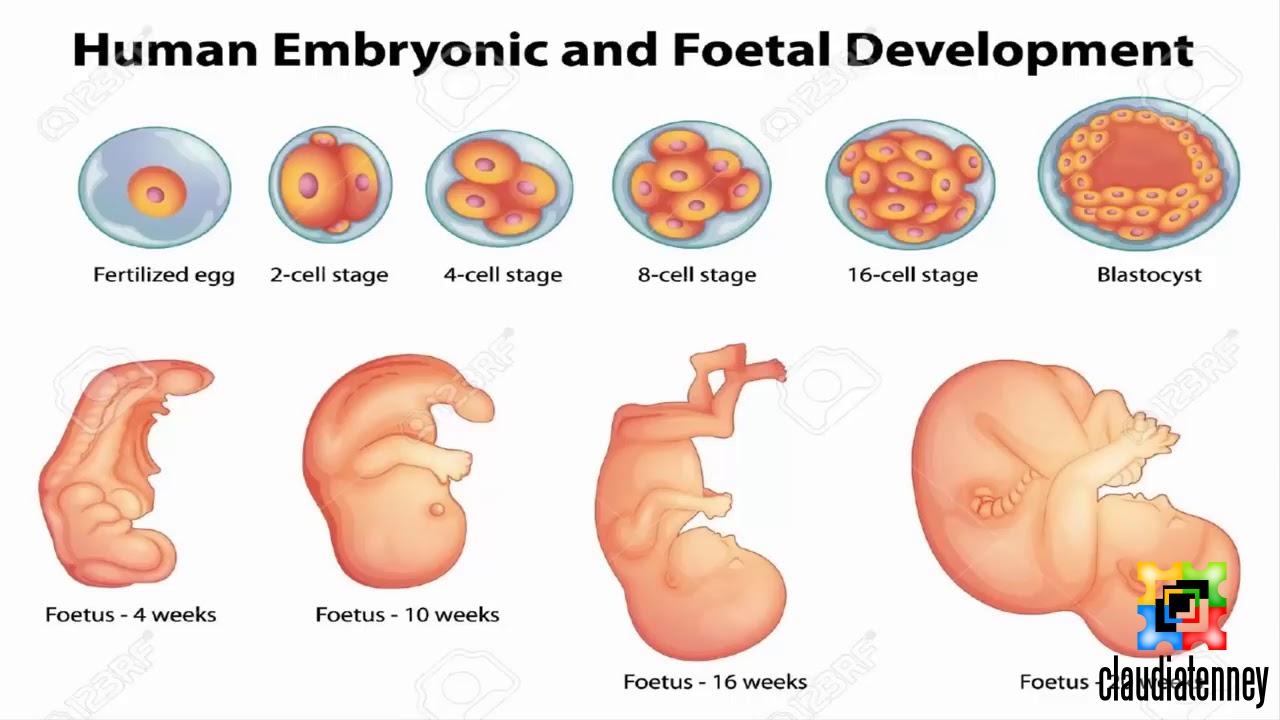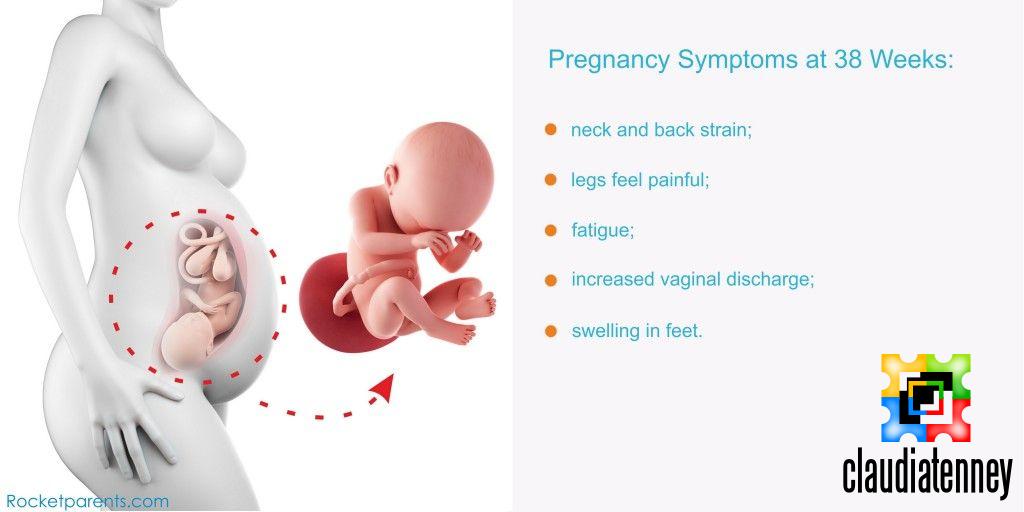During the sixth week of pregnancy, the baby’s digestive, reproductive, and urinary systems are developing. The baby’s brain and nervous system are also being developed.
Developing baby’s brain and nervous system
Developing baby’s brain and nervous system at six weeks of pregnancy is a relatively quick process. The neural tube, which is a tube that forms along the baby’s back, eventually becomes the baby’s brain. It gives rise to the brain, spinal cord, and peripheral nervous system.
During the first three months of life, the brain cells multiply and a number of neural connections explode. However, these connections eventually decrease after a child reaches two years of age.
The fetal brain develops in response to the environment. For instance, the fetus is designed to startle and respond to loud noises that are found outside of the womb.
The brain and nervous system of a baby is made up of millions of neurons. These neurons have branches and synapses, which allow them to communicate with one another.
Breast tenderness
During week six of pregnancy, the average person is about 3/16 of an inch in diameter. The most notable thing about this stage of pregnancy is that your baby is already beginning to make an appearance. He or she has a tadpole-like tail that will soon be replaced by a more grown up tail.

The baby is also starting to display the other major organs of the body. His or her nose and mouth are already taking shape, and a series of tubes will soon form between the lungs and throat.
One of the most impressive feats of pregnancy is the development of the amniotic sac. This sac is the key to a healthy pregnancy.
It is also at this stage of pregnancy that you may notice some of the more common pregnancy symptoms. This includes frequent urination. While you are at it, you may also experience bloating, tender breasts, and a general malaise.
Morning sickness
During the first trimester of pregnancy, most women experience morning sickness. It’s also known as hyperemesis gravidarum, and is a condition characterized by severe nausea and vomiting.
Morning sickness is a natural defense mechanism that protects the fetus from chemicals and foods that could cause food-borne illnesses. This can happen at any time of the day, but it’s most common during the first trimester.
Nausea and vomiting are also common in pregnancy, and can be triggered by certain movements and foods. These symptoms can be relieved by eating bland foods, drinking plenty of fluids, and avoiding certain smells.
Some women also find that nausea and vomiting are caused by high estrogen levels in their bodies. If you’re experiencing nausea and vomiting during pregnancy, talk to your provider. They can recommend medicines and home remedies to help you.
Developing baby’s digestive, reproductive, and urinary systems
Developing baby’s digestive, reproductive, and urinary systems at 6 weeks is a busy time. The baby begins to grow rapidly at this time. The eyes are becoming more clear, the ears and nose are beginning to develop, and the fingers and toes are forming.
The heart begins to beat at this time. By the end of the fifth month, the fetus is about 10 inches long and weighs approximately a half-ounce. It is considered full term if it survives through the second trimester.
In addition to the heart, the fetus is forming teeth, a mouth, and limbs. The skin is becoming more translucent and wrinkled, and it responds to sounds. The fetus is also beginning to form external ears and closing fingers. The ears form a small fold of skin at the side of the head.
Symptoms of fatigued baby during early stages of pregnancy
During the early stages of pregnancy, fatigue is one of the most common pregnancy symptoms. It is caused by hormonal changes. These changes affect the body in a number of ways, including blood pressure, heart rate, and blood sugar levels. It can also affect the mood of a woman.
Fatigue is a normal part of pregnancy, but if it persists, you may want to talk with your doctor or midwife. You may also want to cut back on your work or social activities, or ask for help from family members.
While fatigue can be annoying, it is not harmful to the baby. It is important to get enough rest, and to keep a regular sleep schedule. Your baby needs sleep to grow, and getting extra sleep can help you keep up with your energy levels.



